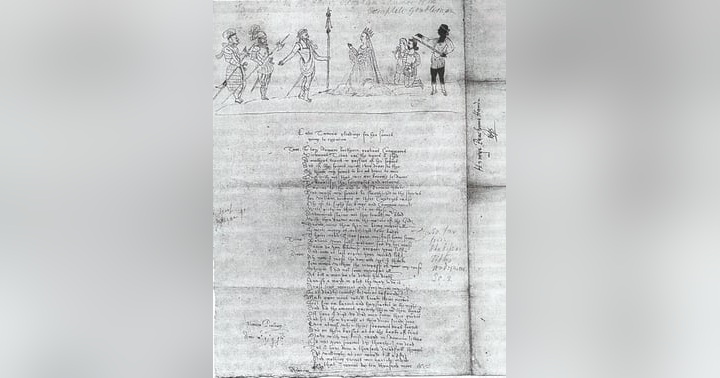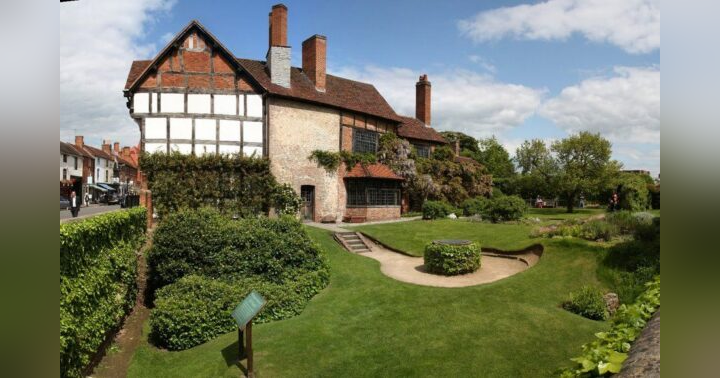Mystere des Trois Doms

Featured in episode 61: For the Money: The Medieval Commercial Theatre
Ever wondered what a medieval play script looks like? This image is a page from the script for ‘Mystere des Trois Doms’.
This play was produced in 1509 at Romans-Sue-Isere, France. The account register for the production survives and provides a view of how the author, town authorities and the players interacted to produce the final version. The script, which has also survived, is judged to be a second copy, including amendments and censorship, of the original script. From these layered details in the script and the accounts a time line for the production has been created.
In July 1508 the Cannon Pra was commissioned by the town authorities to write the play and six council members were appointed to oversee the work. In mid-August the first draft was reviewed by the council members and there was a problem. A known playwright M. Chevalet, was commissioned to collaborate on the work. But again, there seems to be problems and just ten days later he resigned from the collaboration. Three months after the first commission a copyist was paid a first instalment of a fee for copying the players parts. In total he received fifteen florins for his work. In early December the first full copy of the play, which is about eleven thousand lines long, was completed and bound. On December 23rd the copyist was paid for completing the players parts and rehearsals begin, presumably with an immediate break for Christmas.
During February 1509 the council committee of six reviewed the original play and made amendments, which lead to the author and a copyist making a new set of players part copies, starting on the 1st March. Rehearsals continued, presumably incorporating changes as they become available, and in early April a new master copy was started. The performance of the play took place over three days and each day’s performance was allocated to a different copyist to transcribe. On May 9th the construction of the stage set started and on the 11th M. Chevalet was re-engaged to review the roles of the two Tyrants in the play as they included violent acting and strong language. He took two days over the review and was paid 27 florins for his total contribution to the play. The play was performed on May 27th, 28th and 29th.



